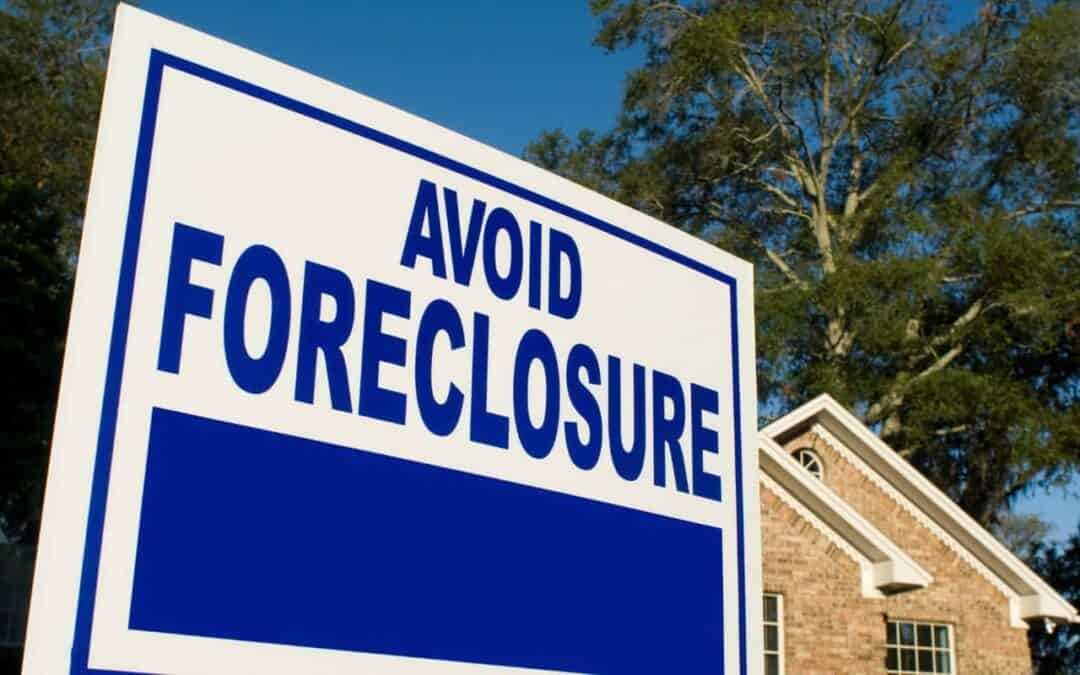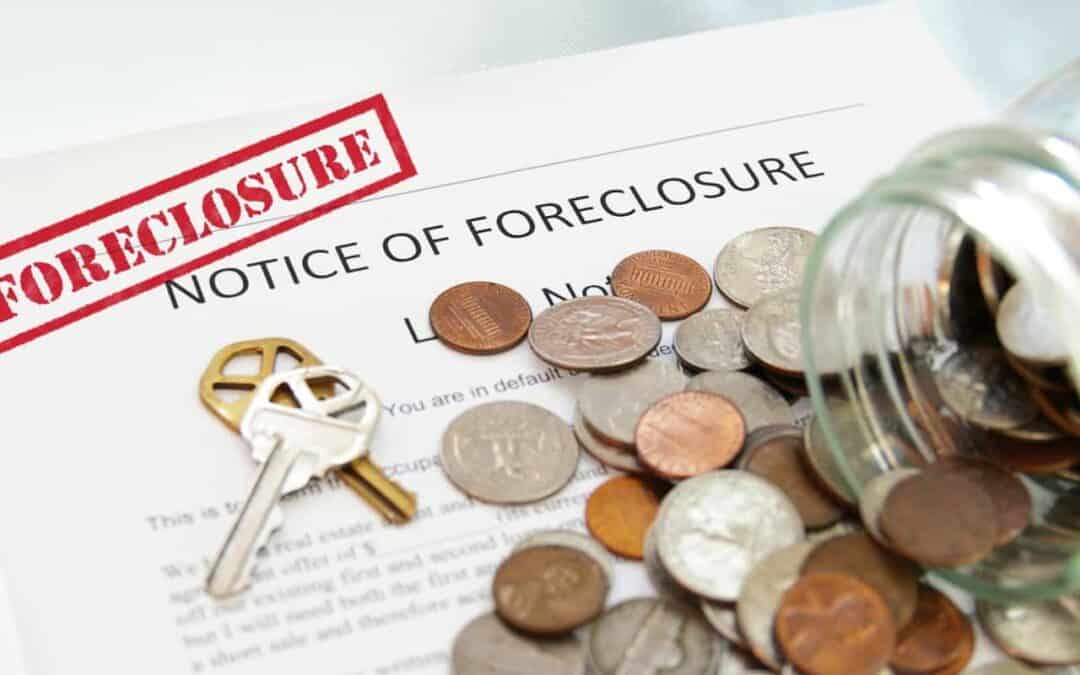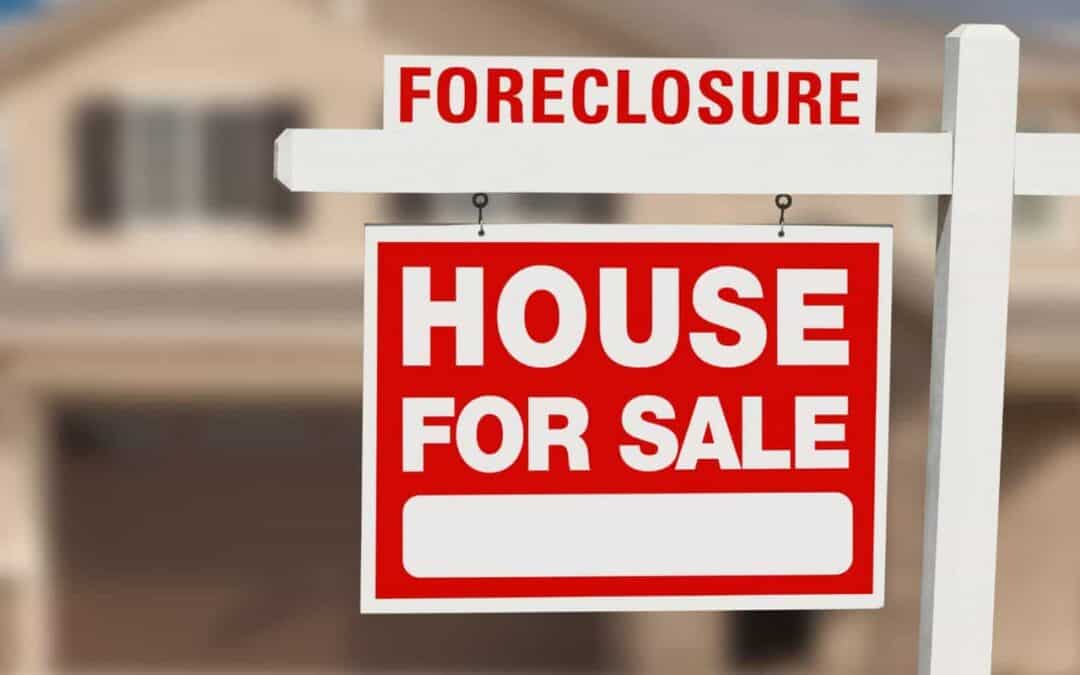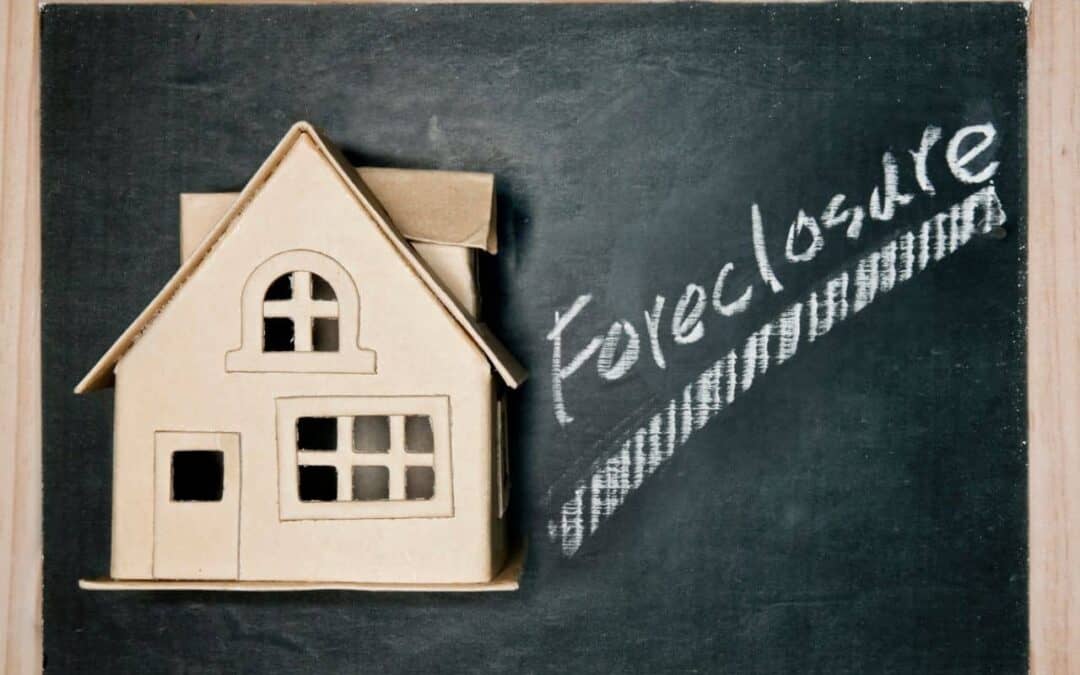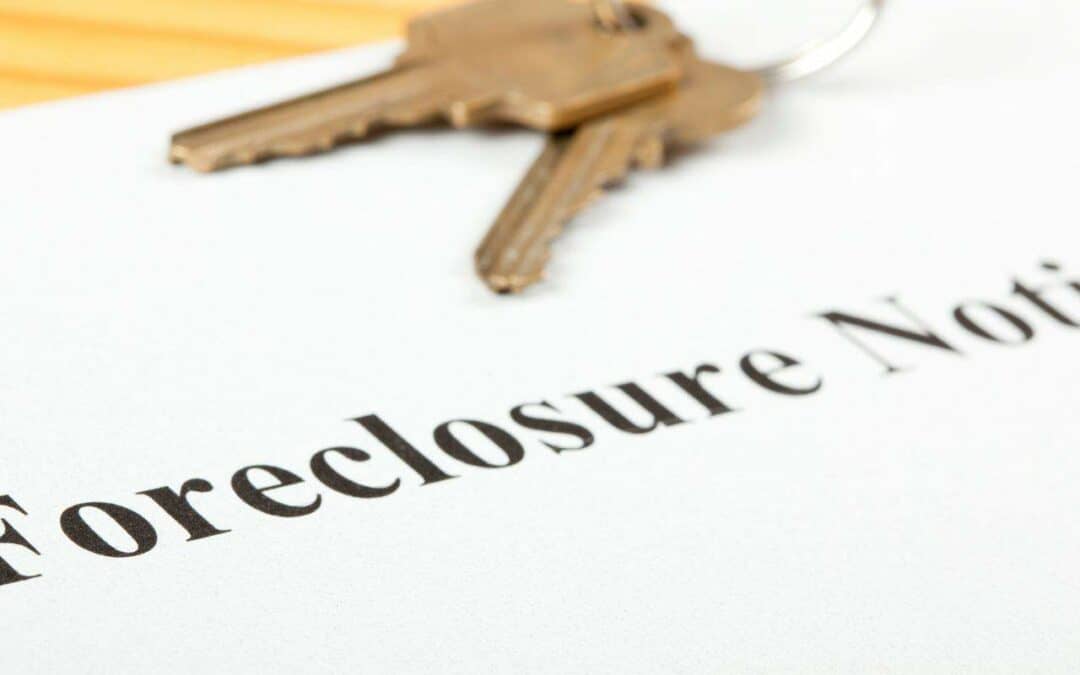Whether selling your home in Kentucky on your own or with a broker, there are some requirements you need to follow. One of these includes the disclosures you need to make before you sell.
Under Kentucky Revised Statutes § 324.360, rather than selling a house as-is, sellers are required to disclose certain defects that could impair its value or require additional repairs before the buyer can safely occupy the property. Here are the 12 categories of defects the law lists you should disclose before you and a potential buyer can sign a binding contract.
Seller’s Disclosure Of Property Condition
Under the law, there are 12 categories that cover the various home defects you should include:
- Preliminary Questions – whether the property has been used as a rental property or for non-residential purposes;
- House Systems – Plumbing, electric, heating, etc.;
- Building Structure – Leaks, pest infestations, rotting areas in the structure, foundation issues, etc.;
- Roof – Recent repairs and areas of damage;
- Land/Drainage – Whether the property is susceptible to flood zones;
- Boundaries – Easements or encroachments on the property;
- Water – The property’s water source and if the drinking water has been tested;
- Sewer System – If there is a septic tank on the property and if it has been inspected;
- Construction/Remodeling – Whether any additional home features and changes were made to the home;
- Homeowners’ Association – Whether the property falls under the rules of a Homeowners’ Association and the buyer will have to comply with certain regulations;
- Hazardous Conditions – Areas like abandoned wells, underground storage, and other features that could be dangerous for the buyer’s health. The seller is also required to disclose if the property was used for hazardous waste, meth lab usage, and any exposure to lead and radon gas;
- Miscellaneous – Disclosure of mold, fire and water damage, and whether the property is under any legal action. This also includes any other conditions that you believe should be disclosed to the buyer.
Before you can sell, you will have to fill up a form indicating whether you have something to disclose about the property that falls under these categories.
This gives the buyer a comprehensive picture of the house’s defects which can help them decide whether the property is worth the price. Should the buyer agree to buy the property, they must sign the form to acknowledge that the defects were disclosed to them before buying.
Limitations Of The Disclosure Form
The disclosure form emphasizes that the defects listed are based on your knowledge as the homeowner. You are not under any obligation to hire a professional to double-check your findings with a formal inspection.
This means that if you are unaware of an existing problem with your roof, for example, you do not need to hire a contractor to inspect the roof. This falls under the responsibility of the buyer. This is why signing the form also benefits you: it protects you from any liability in case the buyer finds any additional defects you were not aware of.
How Disclosing Protects Your Interests
On one hand, disclosing defects in your home protects the buyer. Before they can purchase your home, they get a thorough understanding of the house’s state and whether or not it is worth purchasing knowing the defects they have to repair. But more than that, properly disclosing all the defects in your home can protect your own interests as well.
If a buyer, prior to purchasing the home, notices defects during their inspection that weren’t listed, they may think that you were trying to downplay the extent of the damage in the property. And if they find one defect that you failed to list, how many more defects can they expect to find if they search deeper. This may lead to the buyer pulling out of the deal as they might think you aren’t being as honest as possible.
And while you can claim you weren’t aware of the defect, there are just some defects that are impossible to overlook – and if the buyer already purchased the property, this can open the gates for a hefty lawsuit for breach of contract or fraud. Let’s say that you sell your Kentucky home claiming there was nothing wrong with the electric system, only for the buyer to find that the house’s entire wiring needs to be repaired. It would have been impossible to not be aware of the house’s electrical issue, and the buyer can take you to court for failure to disclose.
Ready To Sell? Book A Call With Us Today
It’s important to list down the important disclosures when selling to buyers on the real estate market. This may lower the value of your home, but it allows you to put all your cards on the table and protect yourself from any potential lawsuits.
Looking for a better alternative to putting your house on the market and having to disclose its defects? Sell your property directly to Rylo Homes! We buy houses in Louisville, KY as-is, including all the defects in your property. We are the faster, more convenient, and safer choice for buying houses quickly – and we give a fair price for your property.
Get in touch with us today to sell your home fast.
